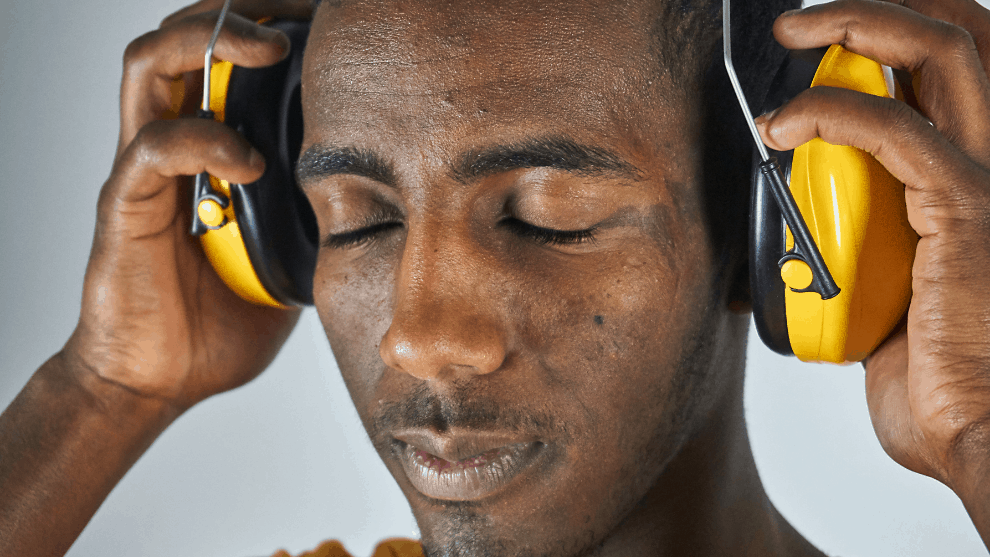Excessive noise levels over a long period of time will damage your hearing. This may happen so gradually and painlessly that you may not notice the minor deterioration from one day to the next. Excessive noise in the workplace presents a risk of hearing damage and other health problems.

The parts of the ear that process high frequency sounds are usually the first to be affected. The degree of hearing loss depends on the loudness of the noise and how long you are exposed to it. Sudden explosive sounds, such as gunshots, can cause immediate damage.
Some people exposed to excessive noise develop tinnitus, which is described as a constant ringing sound. For most cases of noise-induced hearing loss, there is no cure. Hearing aids only amplify sounds and can’t replace normal hearing.
Associated effects of constant noise pollution
Apart from damage to hearing, exposure to constant and excessive noise can cause other health problems including:
- headache
- elevated blood pressure
- fatigue
- irritability
- digestive disorders
- increased susceptibility to colds and other minor infections.
Dangerous decibels
The loudness of noise is measured in decibels. Sensitivity to noise differs from one individual to the next, but experts believe that damage to hearing occurs when noise levels are higher than 85 decibels, which is about the loudness of heavy traffic.
The risk of hearing loss increases as the noise becomes louder. Length of exposure is important too. For example, it is not recommended to listen to noises of 109 decibels for any longer than two minutes at a time.
If you have to raise your voice or shout to be heard, or if your ears ring or sounds seem muffled afterwards, then the noise level was too loud and harmful.
Reducing noise pollution in the workplace
Noise levels can be measured using a sound level meter, which detects the pressure of sound waves as they move through the air.
Reducing exposure to excessive noise in the workplace can be accomplished in many different ways:
- Change or modify equipment.
- Locate the equipment in a more isolated area, or soundproof the room.
- Make sure that people spend time working in quiet areas too.
- Try to run noisy equipment early or late in the day when fewer people will be exposed.
- Use personal hearing protection such as ear plugs or ear muffs.
Medical Surveillance
The employer needs to establish and maintain a system of medical surveillance of all employees exposed at or above the noise-rating limit. They must ensure medical surveillance programme:
- Consists of a baseline audiogram which is recorded before and employee commences or with 30 days of employment.
- Periodic audiogram completed at least annually for all employees, and employees working in noise exposure zones where the exposure equals or exceeds the 105 dB(A) 6 monthly.
- Exit Audiogram for employees moved or left employment.
- Tests must be performed by a competent person, such as FITMed24.
Recent Posts
The Importance of a Hygiene Survey in the Workplace: A South African Perspective
In the South African workplace environment, the health and safety of employees are paramount. With a diverse range of industries—from mining and manufacturing to agriculture and services—ensuring...
In today’s competitive business landscape, many companies view employee medicals as a necessary expense a grudge buy. However, this perception is changing as more organizations recognize the...
